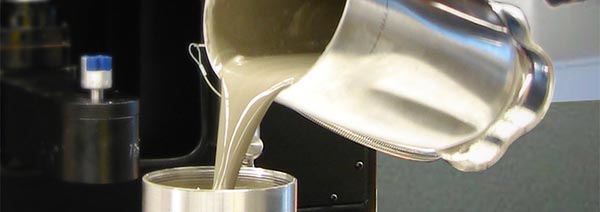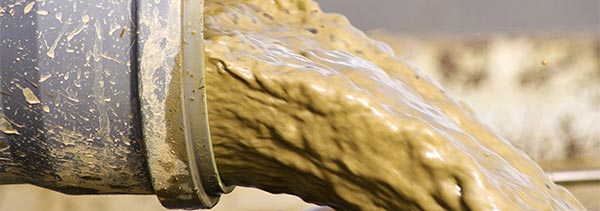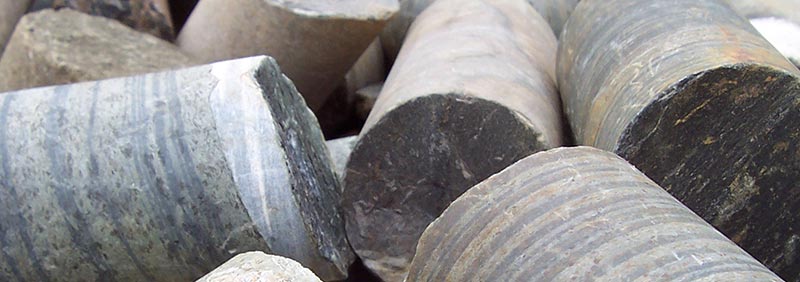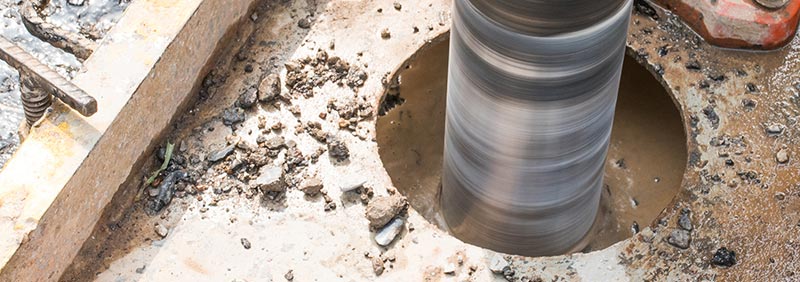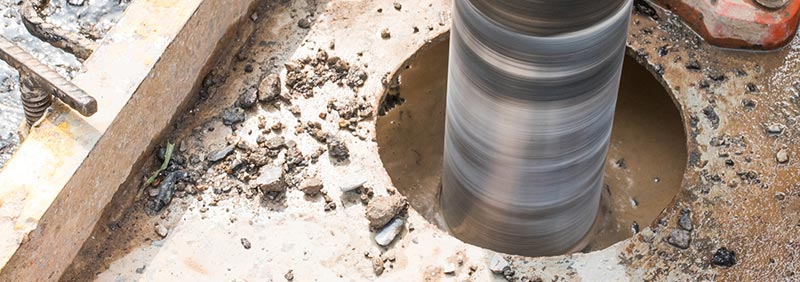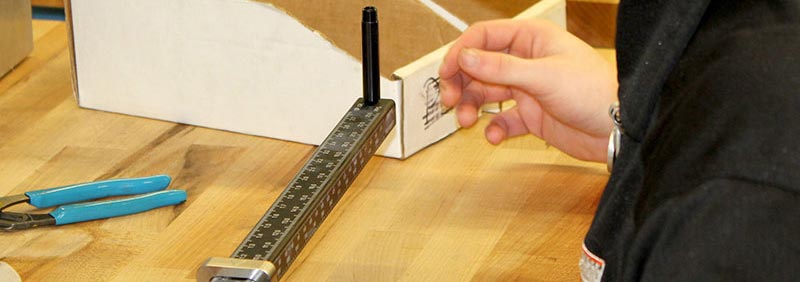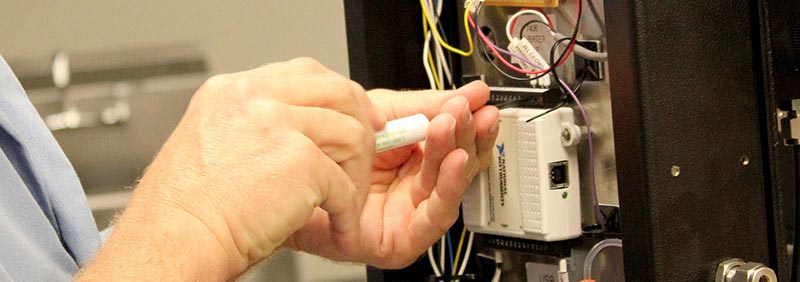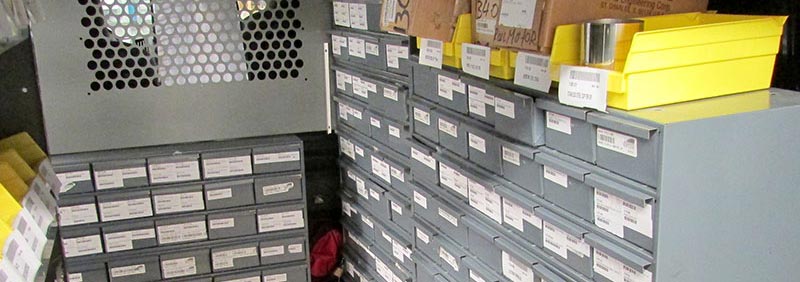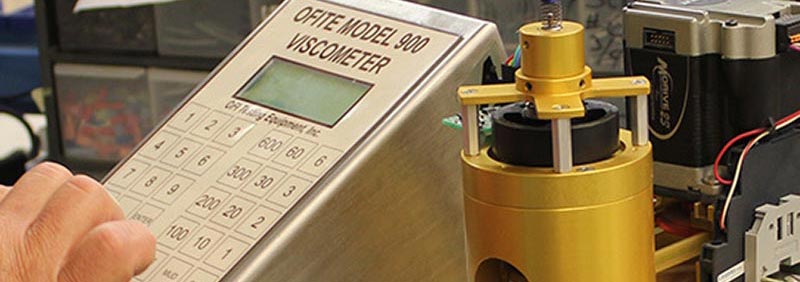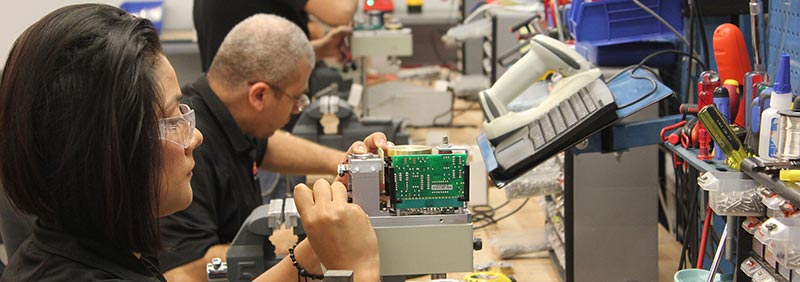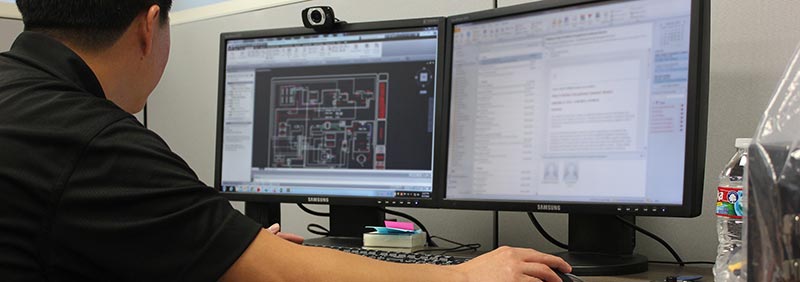Newsroom
Bulk Hardness Tester
 Many drilling problems can be traced to the interaction between shale rock materials and drilling fluids. Testing the characteristics of the shale is the first step in developing an appropriate drilling fluid system that will be less reactive and cause fewer problems. One of these characteristics is hardness. Shale hardness can be related to the inhibitive properties of the drilling mud. When shale interacts with a fluid, water will often adsorb, the shale will swell, and fine particles will disperse. These can then reduce the compressive strength or cause the shale to spall or fracture, leading to significant wellbore stability problems. In addition, soft and/or sticky cuttings can cause mud rings, sticking problems, and bit balling.
Many drilling problems can be traced to the interaction between shale rock materials and drilling fluids. Testing the characteristics of the shale is the first step in developing an appropriate drilling fluid system that will be less reactive and cause fewer problems. One of these characteristics is hardness. Shale hardness can be related to the inhibitive properties of the drilling mud. When shale interacts with a fluid, water will often adsorb, the shale will swell, and fine particles will disperse. These can then reduce the compressive strength or cause the shale to spall or fracture, leading to significant wellbore stability problems. In addition, soft and/or sticky cuttings can cause mud rings, sticking problems, and bit balling.
The Bulk Hardness Tester (#150-87) was designed to evaluate the hardness of a shale sample after it has been exposed to a drilling fluid. In the test, the operator uses a torque wrench attached to a threaded piston to extrude the sample through a perforated plate. The torque required for each turn is recorded and evaluated. The change in torque during the test provides valuable information about the characteristics of the sample. Harder samples will require more torque, while software sample will require less.
This test is most suitable for testing cuttings, but cavings, sidewall cores, and full-diameter cores can also be used.
For more information, visit the product page.

